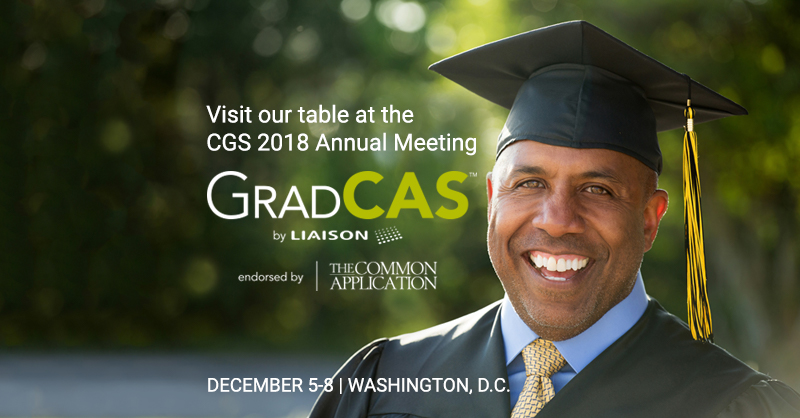What exactly is an “ethical” leader?
The question is a timely one ahead of the 58th Annual Meeting of the Council of Graduate Schools (CGS) from Dec. 5-8 in Washington, DC, as the theme of this year’s conference is “Preparing Ethical Leaders.” It’s also a difficult question to answer, since standards of ethics are subjective and vary across societies, cultures, religions and other dividing lines. Is there really a common denominator for what’s “ethical” and what “ethical leadership” looks like?

Diversity: A Key Component of Ethical Leadership
Despite the difficulty of making definitive assertions on ethics, it’s worthwhile to tackle the question by conveying two important assumptions. First, although we can’t possibly formulate a uniform code of ethics that satisfies everyone, we can identify some common values which foster more ethical societies. Second, we can explore how ethical leaders are born, even in the absence of determining all their precise attributes.
One principle which moves modern societies toward a more ethical landscape is diversity. Peace, harmony, tolerance, mutual respect and coexistence are widely accepted values which non-authoritarian nations and governments strive to prioritize, at least in theory — and diversity is at the root of cultivating the social practice of all these values, not only through basic respect for the other, but through a proactive embrace of multiculturalism.
Then the question is, how is diversity advanced in societies and in their leaders? Given the significance of the formative years during which students attend undergraduate and graduate school, it’s clear that higher education is an important forum where future leaders are trained. That is, of course, why the CGS meeting — where various stakeholders in graduate education gather to explore the most important issues in their sector — is an ideal venue for examining trends and best practices in cultivating leadership. Today’s graduate students are preparing to enter a globalized economy in which the quality of their leadership, and their capacity to be leaders to begin with, hinges on their willingness and ability to operate in diverse environments.
At the same time, diversity in higher education is at risk. In 2016-17, international graduate students’ interest in American higher education declined for the first time in 14 years, and increasingly restrictive federal immigration policy threatens to amplify the trend. Today, African American and Hispanic people are more underrepresented at top colleges than they were 35 years ago.
How Liaison Can Help
To first preserve and then advance diversity, academic institutions need concrete tools. That’s where Liaison’s GradCAS™ enters the picture: first, by substantially cutting down application review time and opening up school leaders to focus on bigger-picture strategic concerns such as diversity, and second, by expanding schools’ reach in a way that ensures they’re reaching the broadest and most diverse pool of applicants.
As a full service, web-based Centralized Application Service (CAS™), GradCAS allows a student to apply to multiple graduate degree programs on one campus, or to multiple programs across multiple campuses, by submitting a single application for enrollment. The applicant can manage the entire process, including submission of supporting documentation, transcript(s) and recommendation requests, as well as answer additional unique questions asked by individual campuses and/or programs, including submitting essays, personal statements, CVs/resumes or other documents. Temple University says it shaved 75% off application review time by using a CAS.
University of La Verne, meanwhile, nearly doubled its out-of-state applicants in just one year with a CAS, lending insight into how this tool can help create a more diverse student body. “We can easily pull all of the information that goes into the CAS application, whether it’s related to applicant gender, diversity in different factors or geographic area,” the University says.
Liaison also promotes diversity in higher education through the HigherYield™ solution, which combines ETS’s GRE Search Service and TOEFL Search Service with Liaison’s Enrollment Marketing Platform (EMP™) and campaign services, providing access to a robust database of prospective applicants from around the world who have indicated an interest in advancing their studies. Recruiters can select from a multitude of search criteria — such as demographics, geographic data, academic disciplines and test scores — to cost-effectively segment and launch campaigns to expand and diversify their applicant pools.
If you’re attending the CGS conference, come visit Liaison’s table to learn more about how GradCAS and our other solutions can help you create a more diverse campus and, in turn, train a new generation of ethical leaders.
